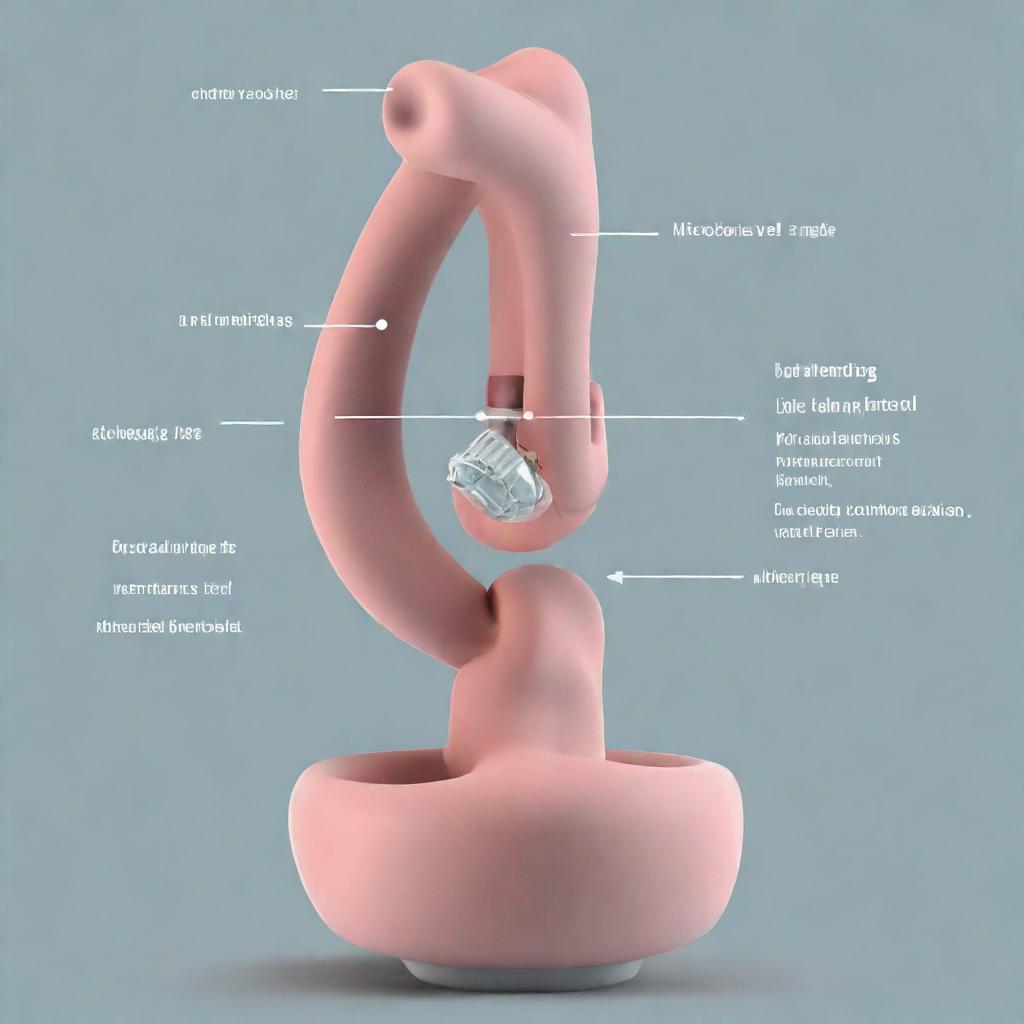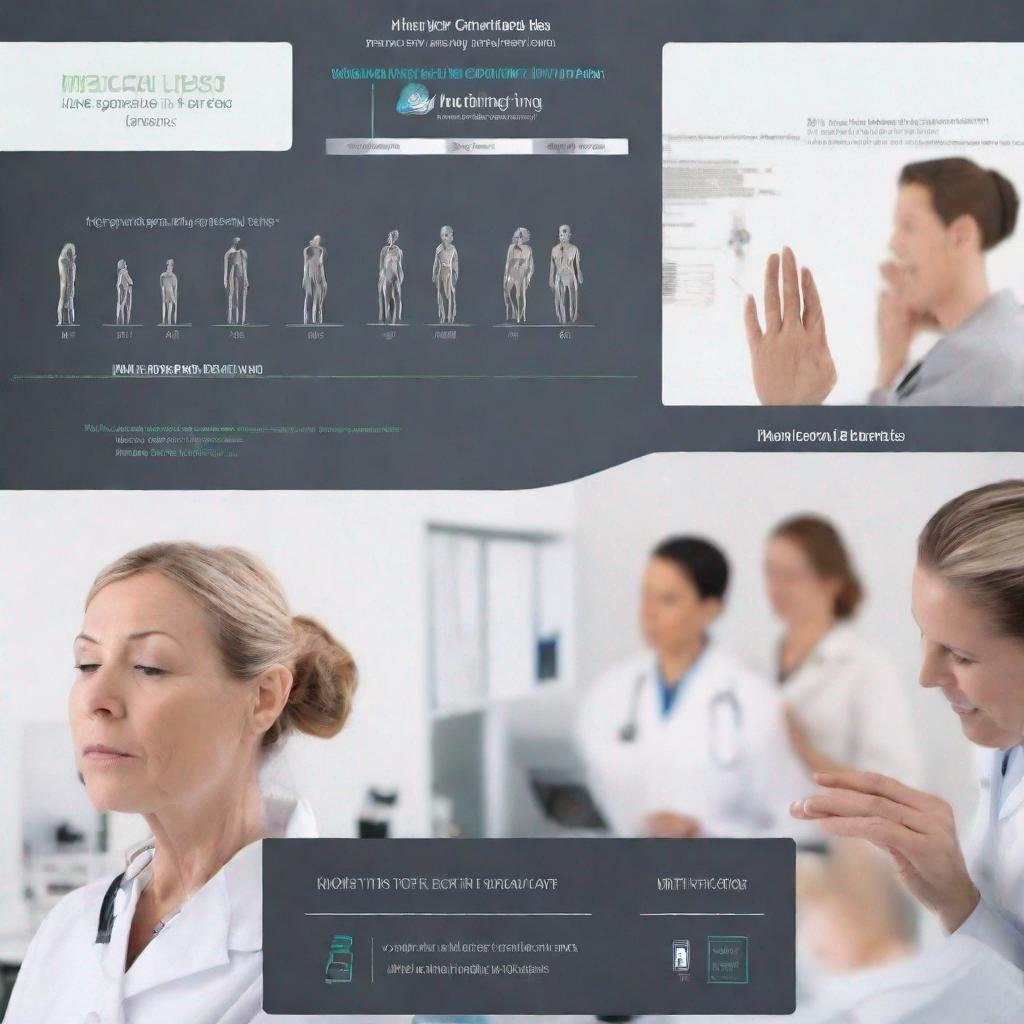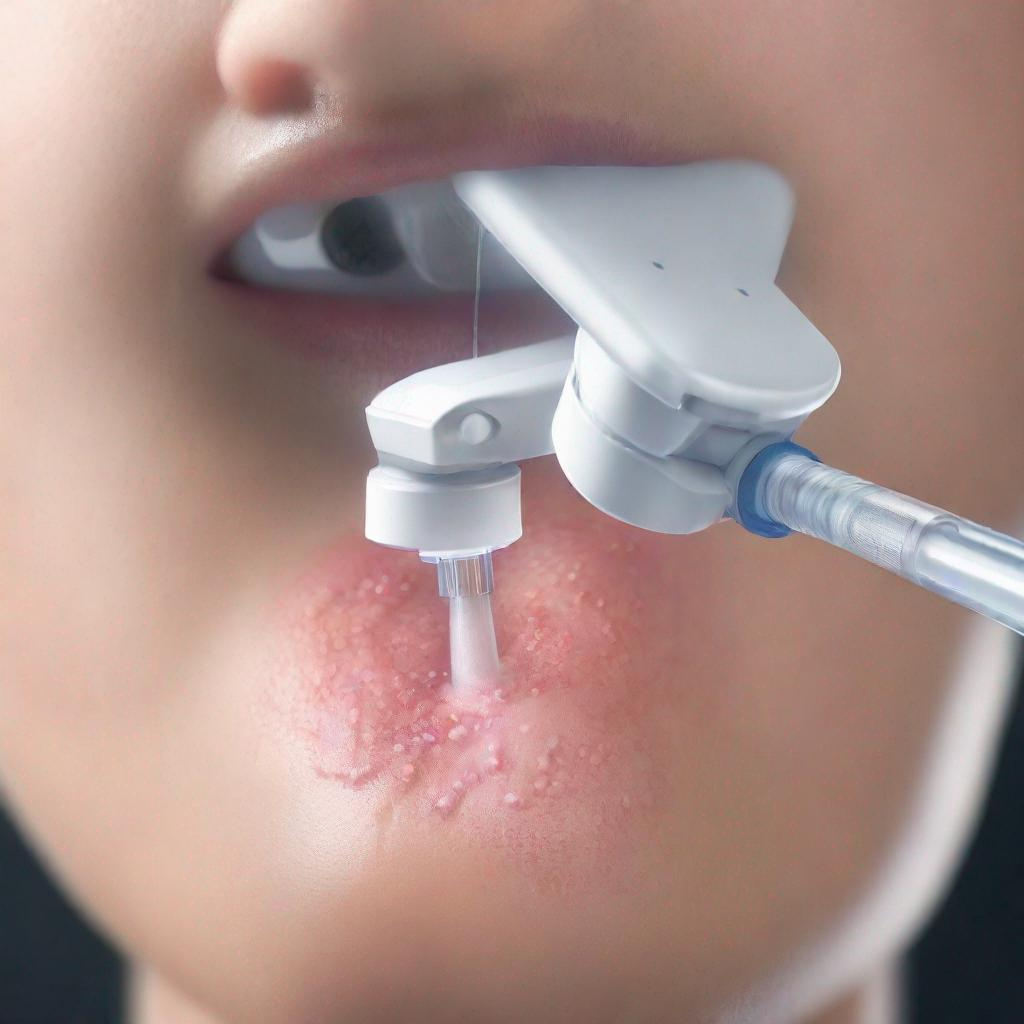## Coloscopy: A Comprehensive Overview
### Introduction
A colonoscopy is a medical procedure that allows a doctor to examine the inside of the colon (large intestine) to identify abnormalities, diseases, and conditions. It is a commonly recommended test for early detection of certain health issues.
### Procedure
A colonoscopy is performed by a gastroenterologist or a colorectal surgeon. The procedure involves the insertion of a thin, flexible tube called a colonoscope into the anus. The colonoscope is equipped with a light source and a camera, enabling the doctor to visualize the inner lining of the colon.
#### Tools Used
* **Colonoscope:** A flexible tube with a camera and light source
* **Biopsy forceps:** To collect tissue samples
* **Snare:** To remove polyps (growths)
* **Sclerotherapy:** To inject substances to stop bleeding
### Diagnosis: Diseases and Conditions
A colonoscopy can help diagnose and evaluate the following conditions:
* **Colorectal cancer:** An early cancer of the colon or rectum
* **Inflammatory bowel disease (IBD):** Conditions such as ulcerative colitis and Crohn’s disease
* **Polyps:** Abnormal growths on the lining of the colon
* **Diverticulosis:** Sac-like pouches in the colon
* **Hemorrhoids:** Swollen veins in the anus or rectum
### Importance
A colonoscopy is crucial for the following reasons:
* **Early detection of cancer:** Colorectal cancer is a common cause of cancer-related deaths. A colonoscopy can detect precancerous polyps and remove them before they develop into cancer.
* **Diagnosis of IBD:** IBD can cause inflammation and damage to the colon. A colonoscopy helps evaluate the extent and severity of IBD.
* **Monitoring disease:** Coloscopies can be used to monitor the progression of diseases such as IBD and diverticulosis.
### Alternatives
Other tests and procedures that can be used to examine the colon include:
* **Flexible sigmoidoscopy:** Examines only the lower portion of the colon
* **Virtual colonoscopy:** Uses CT scans to create images of the colon
* **Capsule endoscopy:** A camera-equipped capsule is swallowed to take images of the digestive tract
### Preparation
Preparation for a colonoscopy involves:
* **Bowel preparation:** Taking laxatives or enemas to clean out the colon
* **Dietary restrictions:** Avoiding certain foods and drinks before the test
* **Medications:** Stopping certain medications that could interfere with the procedure
### Duration
A colonoscopy typically takes 30-60 minutes. Patients usually wait 1-2 days for results, which include biopsy findings if any.
### Recommendations
Following a colonoscopy, additional tests or procedures may be recommended, such as:
* **Fecal occult blood test:** To detect hidden blood in the stool
* **Blood tests:** To evaluate blood count and electrolyte levels
* **Imaging tests:** Such as MRI or CT scans to further investigate findings from the colonoscopy



